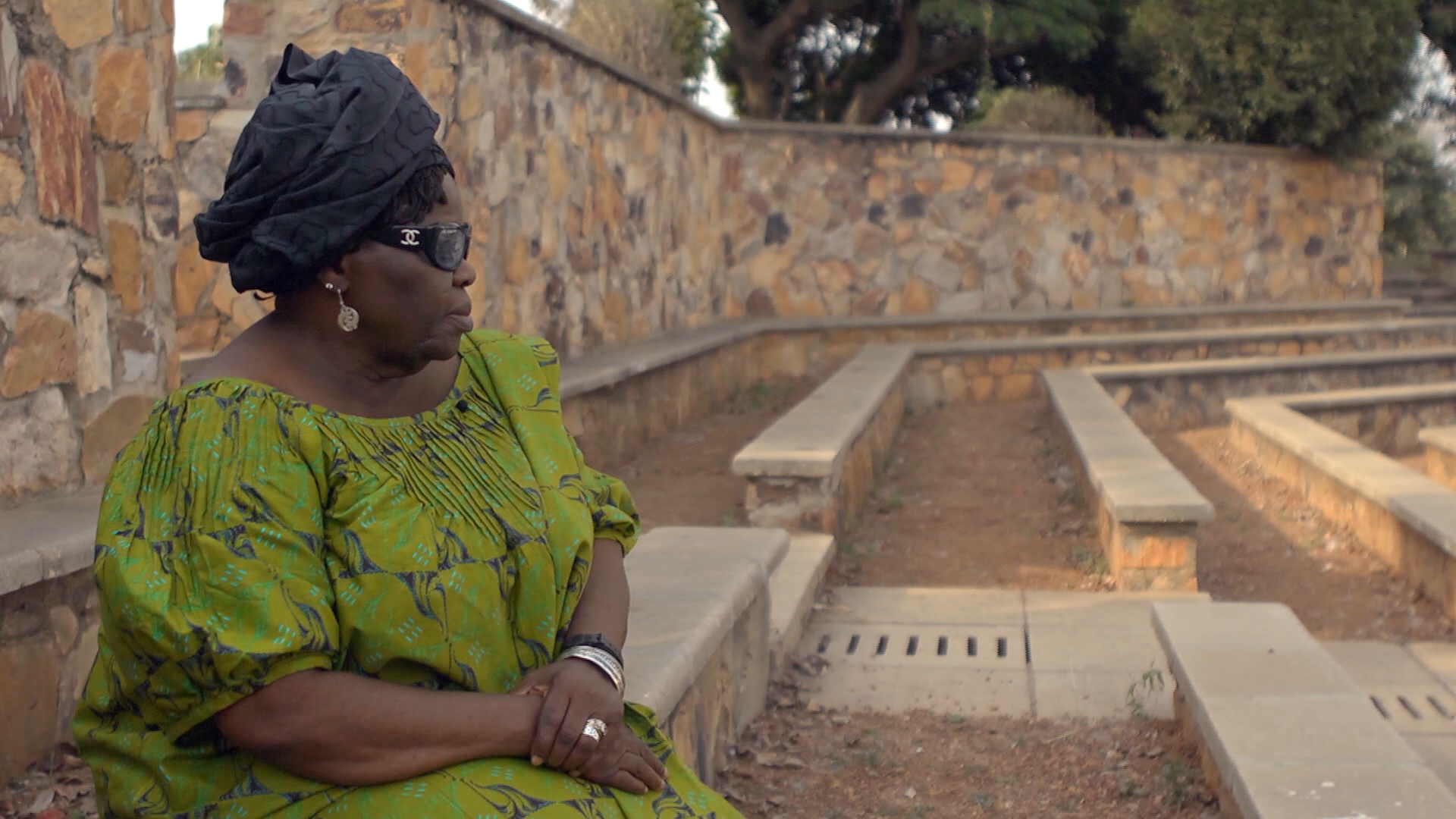By Chanel Cain
Nadhege Ptah was an actress before she became a director. As a Black woman in the field, she saw a gap in what roles were available to her. After having her third child, Ptah felt it was time for a change.
“I wanted to move in a different direction in terms of having control of my career. And the best way was to create content and content that I can see myself in, that has a lot of substance to it,” she said.
In this move to the director’s chair, Ptah set out to tell authentic stories about the Black community. While fundraising for one of her films, she found herself in a jazz club in Harlem. This is where the story of “Paris Blues in Harlem” began.
Ptah’s short film follows a young woman named Paris who must decide between selling her grandfather’s influential, yet failing, jazz club or continuing to preserve its legacy. Ptah wanted to create a dialogue surrounding generational wealth, gentrification and the importance of Black legacy, but the story is more personal than that.
The film was greatly inspired by Paris Blues jazz club in Harlem, run by Samuel Hargress, Jr. After returning from being stationed in Germany during his time in the Army, he fulfilled a life-long dream of owning his own jazz club. Opening in 1969, it became a central hub for the community.
Hargress Jr. donated $250 to Ptah’s fundraising campaign for one of her earlier films. Between giving him updates about her film’s production, she began to learn more about the club and the man who ran it. Hargress Jr. would give free food to patrons, host coat drives and political fundraisers (including one for the Obama campaign). Even as the landscape of Harlem began to change, Hargress Jr. stood firm in his ownership and commitment to his community.
“He’s sort of like that glue between the old Harlem and new Harlem. And as he was telling me all these different stories, and I became inquisitive, more and more, and I said, ‘Okay, we’re gonna tell a story about it so people can know about you. So you can be celebrated.’”
This film is heavily focused on the importance of passing down wealth and culture, but does not shy away from giving both sides a chance to speak. The film’s central characters, Pop Pop and Paris, start at opposing ends. Paris feels resentful of how much time was dedicated to the bar she was named after, wanting to become her own person. Pop Pop wants nothing more than to give this gift he created to one of the most important people in his life.
The real estate agent, a Black woman, who puts pressure on Paris to sell the bar, tries to pitch the idea with the best of intentions. The cash could go towards supporting other aspects of life. Given the changing landscape of many Black communities affected by gentrification, the deal is enticing. But Pop Pop, and Ptah, take a hardstand against this.
“If we don’t solve those wounds, those issues within us [are] how outside forces are able to destroy any legacy building that we want to do,” she said.
As the film began screenings, audiences resonated with both the clash of generations, but also the compassion and care the film demonstrates. It went on to win several awards at different film festivals. “Paris Blues in Harlem” found a home with kweliTV where it continues to resonate with audiences, becoming the fifth most watched film of 2022.
This film greatly ties into the message of kweliTV. Ptah was not only created a film addressing the problems many Black business owners might face, but also a touching tribute to a pillar of a community.
Though Hargress Jr. passed in 2020, he was able to see the fruits of his labor touch and inspire many. With Ptah’s film, he’ll be able to continue doing so.
“The fact that I was able to capture his story and how it’s still living on, you know, and resonating with the audience, which I’m very happy about,” she said, “because I think he’s a special person.”
Watch “Paris Blues in Harlem” on kweliTV.



